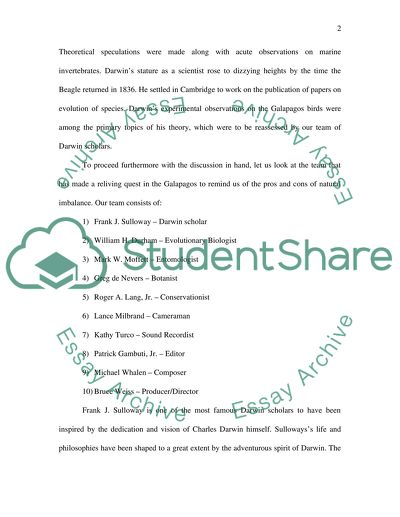Cite this document
(“Charles Darwin Essay Example | Topics and Well Written Essays - 1000 words”, n.d.)
Retrieved from https://studentshare.org/miscellaneous/1518368-charles-darwin
Retrieved from https://studentshare.org/miscellaneous/1518368-charles-darwin
(Charles Darwin Essay Example | Topics and Well Written Essays - 1000 Words)
https://studentshare.org/miscellaneous/1518368-charles-darwin.
https://studentshare.org/miscellaneous/1518368-charles-darwin.
“Charles Darwin Essay Example | Topics and Well Written Essays - 1000 Words”, n.d. https://studentshare.org/miscellaneous/1518368-charles-darwin.


